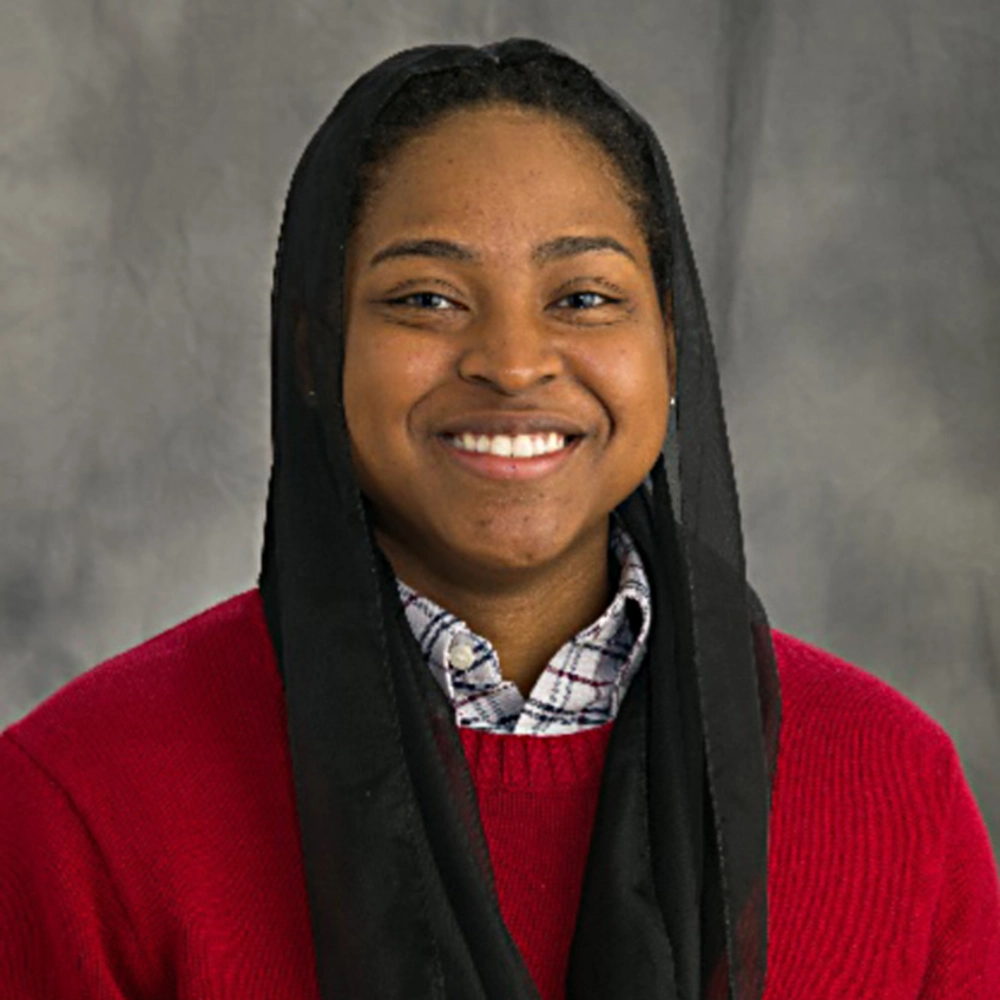
Growing up in North Miami, Safiyah Muhammad was always at the beach and naturally drawn to marine life, which led her to consider marine biology as an undergraduate at Nova Southeastern University.
But that all changed in her first chemistry class.
“I never stopped loving veterinary care, I just began to love chemistry more,” Muhammad said.
Now, a third-year graduate student in Professor Alison Fout’s research group, Muhammad is currently working on a unique project that uses the earth-abundant cobalt metal catalysts to perform chemical reactions with a super cool isomer of hydrogen gas to produce enhanced magnetic resonances that can be used day-to-day in the lab with Nuclear Resonance Magnetic spectroscopy or in the medical field with the adaptation to MRI imaging.
“My science is fun, because not only do I get to make every color of the rainbow on the daily basis if I choose, but I also get to do my piece to uncover the wonders of the world, no matter how small my piece may be in the grand scheme of things,” Muhammad said.
A 2018 Ford Foundation Predoctoral Fellow and 2016 Alfred P. Sloan Fellow, Muhammad is active outside of her research and studies and describes herself as “fortunate” to be involved.
Muhammad has spent two years on the Women Chemists Committee, two years on the Department of Chemistry’s Graduate Student Advisory Committee, and currently, she serves on the department’s Diversity Committee and is the vice president of the university’s student chapter of the National Organization for the Professional Advancement of Black Chemists and Chemical Engineers, a national organization whose mission is to increase the number of black chemists and chemical engineers. She is also one of the NOBCChE representatives for the department’s Student Wellness Coalition.
“The importance of diversity goes without saying as there are many scientific studies to show the benefit of diversity to individuals and the infrastructure in which those individuals work and exercise in,” she said. “But beyond that, to be able to increase the amount of black, brown, and native bodies in the sciences would greatly benefit our communities. We have great minds in our communities which are constantly being assaulted on various levels. To have the ability to access high learning in the STEM fields and be able to take that back to our communities without the interference of bias, prejudice and racism would be a dream, and Chemistry at Illinois could be a step towards making that dream a reality.”
When she’s not in the chemistry lab, Muhammad enjoys playing guitar, fishing and weightlifting.
“And finding new hobbies,” she said, adding that more recently she’s exploring rock climbing and bouldering and wants to learn how to garden and camp, live off the land and learn bush craft skills.
Muhammad said she decided to do her PhD work here, because of the impression she had visiting campus.
“The department seemed welcoming and supportive; the resources seemed neat; and the opportunities after graduation seemed plentiful. I saw myself being comfortable here, and because I have family nearby, I felt as though I would be able to succeed,” she said.
Though the bond with chemistry has been stronger, she said she still has a desire to do some work in the veterinary field after her doctorate work ends. Muhammad said she envisions a chemistry-related job in the consumer packaged goods industry where she could work on projects that affect the day-to-day lives of consumers, but she would also like to become a licensed veterinarian or veterinarian technician and work with marine life.
“My plan is to become certified as a vet tech to get my feet "wet" to determine if veterinary science is something that I would enjoy,” she said.